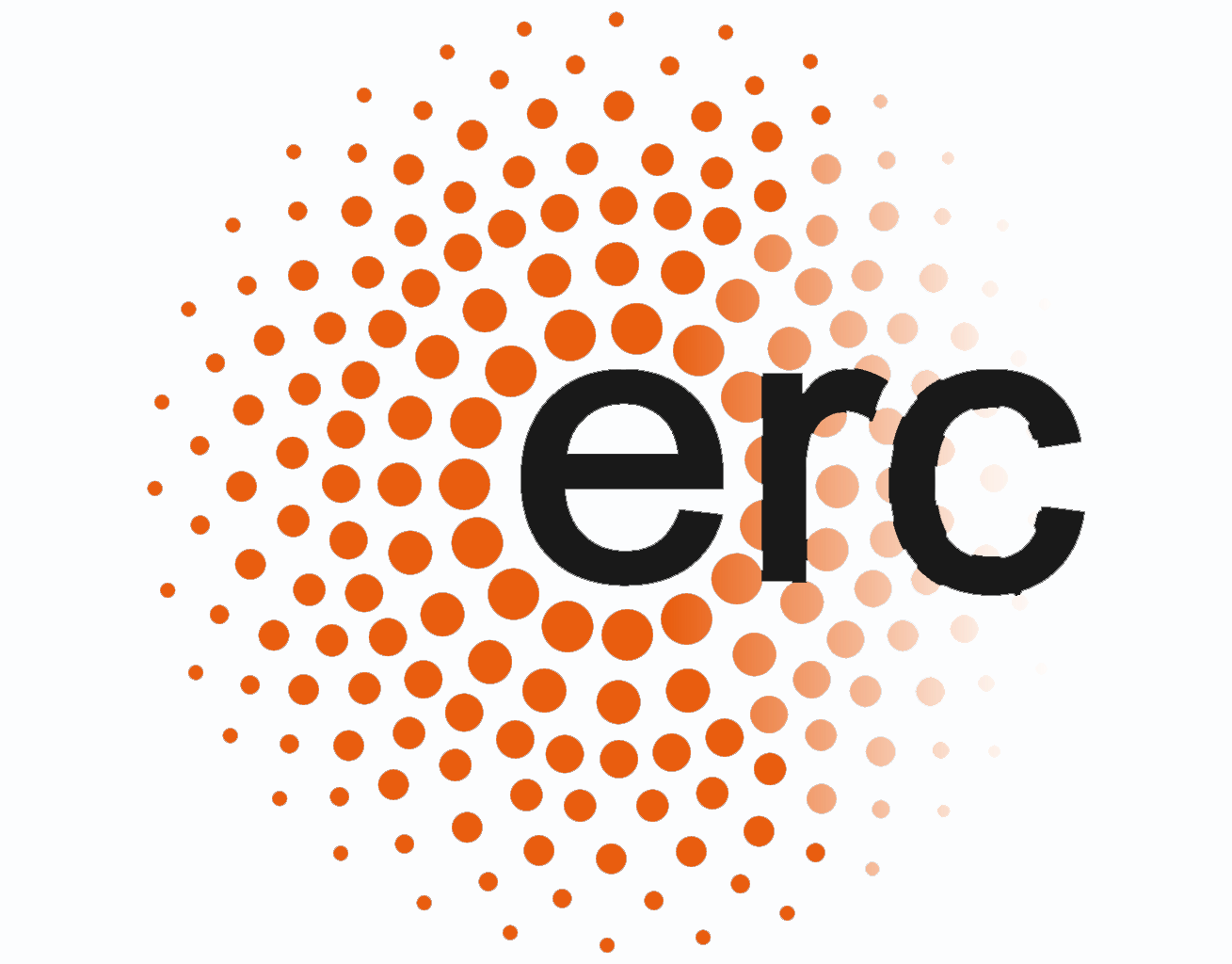Philosophers Among New ERC Grant Winners
The European Research Council (ERC) recently announced the winners of its latest round of large “Advanced Grants”.
Three philosophers were among them.

They and their projects are:
Stefano Bacin (University of Milan):
Ethics and Moral Life in the 18th Century: A New Take on Early Modern Ethics
The project shall investigate eighteenth-century ethics putting in the foreground its fundamental aim to provide guidance about moral issues. The underlying working hypothesis is that the normative moral theories that make up the most extensive part of the debates on ethics in the eighteenth century revolve around the assumption that philosophers should act as experts on moral issues. In this light, eighteenth-century debates on ethics will be examined as a response to moral disagreement and to the difficulties of moral life. The project will thus concentrate mainly on the comprehensive doctrines of duties that made much of the work on ethics from Pufendorf to the early nineteenth century, with a special focus on systematic treatments of ethics by British, German and (to a smaller extent) French moral philosophers. Along these lines, the project aims to re-orientate the studies on eighteenth-century ethics, with regard to the object and the method of the inquiry. Looking at those debates in these terms, namely, we shall investigate crucial, yet largely unexplored areas of the philosophical discussion that were the main concern of eighteenth-century moral philosophers: moral demands to oneself and others, the possible moral relevance of our conduct towards animals, and the extent of disagreement about moral questions. Along with those cluster of issues, the project will consider eighteenth-century views on the possibility of clash of moral demands and on the grounds of a specific moral expertise of philosophers. The investigation shall pursue not a monographic, but a thematic and comparative perspective, putting the debates on specific moral issues among different writers in the spotlight.
(€ 1.5 million)
François Recanati (Collège de France)
Mental Files: New Foundations
The last decade has seen the development of the mental file framework, according to which nondescriptive thoughts about particulars (so-called ‘singular thoughts’) involve mental files whose reference does not depend on category information to be found in the file but on certain environmental relations the obtaining of which triggers the opening of the file. The mental file framework has attracted considerable attention, but it currently faces what may be described as a foundational crisis: according to a recurrent piece of criticism, it fails to provide appropriate identity and persistence conditions for mental files. The aim of this project is to end the crisis by rethinking the foundations of the framework. (€1.9 million)
Isidora Stojanovic (Pompeu Fabra University)
Valence Asymmetries: the positive, the negative, the good and the bad in language, mind and morality
An asymmetric behavior between the positive and the negative has been evidenced in psychology, for information processing, attention, recognition and decision making, in philosophy, for judgments about morality and intentionality, and in linguistics, for a range of lexical, syntactic, semantic and pragmatic phenomena. Negative information grabs our attention, we process it more carefully, we recall it with greater precision. We easily blame others for the negative side-effects of their actions, but do not praise them for the positive ones. It takes many nice words to overthrow one nasty remark. When we say that something is “not good”, we usually imply that it is bad, but by saying “not bad” we do not imply that it is good.
Valence asymmetries have arisen on many horizons but have seldom been brought into correspondence, and are at odds with most theories of value. The present project is a pioneering attempt to secure the premises for a cross-fertilization between the different accounts of valence asymmetries. It will deploy methods from philosophy (argumentation and conceptual analysis), formal semantic and value-theoretic models, and experimental methodology from psycholinguistics and moral psychology.
It has three main objectives:
-
- highlight the fundamental role that valence plays beyond emotion, in particular, in value judgments and language;
- examine what the different asymmetries have in common, and whether they call for a unified explanation;
- show that valence asymmetries are not necessarily irrational, but often derive from a fundamental asymmetry between positive and negative value, and, as such, are a key component of our cognitive and linguistic architecture.
Furthermore, we will (a) articulate the relationship among the notions of valence, value and polarity; (b) put forward a novel account of the asymmetry of negation; (c) unearth new asymmetries in the realm of morality, virtue and vice; and (d) provide an account of valence reversals. (approx. €2 million)
You can see the complete list of ERC Advanced Grant winners here.

Just processing this from the Isidora Stojanovic grant description (it sounds like an awesome project, btw):
When we say that something is “not good”, we usually imply that it is bad, but by saying “not bad” we do not imply that it is good.
Restricting my thoughts to largely Australian and American English, and having not consulted anyone else (so apologies if this old territory), here goes. We commonly put “that’s” in front of both “not good” and “not bad.” “That’s not good” I would say always – not just usually – implies that it is bad rather than neutral. (Does anyone have a counterexample?) Moreover, emphasizing not good or just good doesn’t seem to shift this. “That’s not bad” seems way more complicated. For one thing – in philosophy, anyway – we use it to talk about ideas, arguments and suggestions as well as stuff that happens to people. It doesn’t seem always to imply that it is good rather than neutral. Moreover, to my ear, emphasizing not bad makes it sound good; whereas emphasizing just bad seems to at least suggest that it is not good either. Finally, saying “that’s not too good” doesn’t seem to add anything to “that’s not good,” whereas “that’s not too bad” seems at least to allow that it’s still bad.
Am I weird?
RH